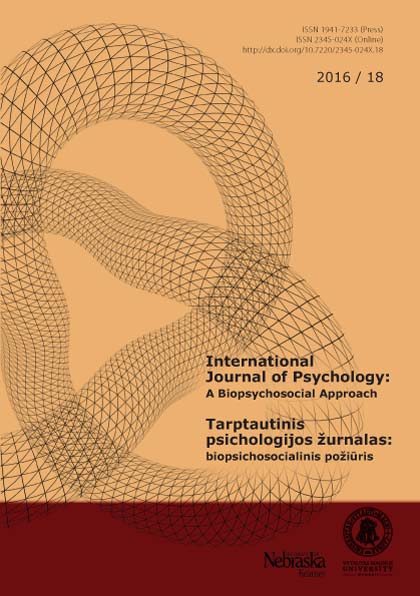ASSESSING GLOBAL SERVICE-LEARNING: A MIXED-METHODS APPROACH TO EVALUATING STUDENTS’ INTERCULTURAL DEVELOPMENT
ASSESSING GLOBAL SERVICE-LEARNING: A MIXED-METHODS APPROACH TO EVALUATING STUDENTS’ INTERCULTURAL DEVELOPMENT
Author(s): Stephen W. Jones, David D. Hof, Douglas R. TillmanSubject(s): Social Sciences, Psychology, Media studies, Educational Psychology, Evaluation research, Globalization
Published by: Vytauto Didžiojo Universitetas
Keywords: Advocacy; Service learning; Multiculturalism;
Summary/Abstract: Research problem: Global Service-Learning (GSL), as service-learning that takes place outside of an institution’s home culture, has long been touted as an important contributor to student’s intercultural development. However, GSL practitioners have not yet established effective and consistent methods for evaluating the growth that students experience as a result of GSL experiences. Purpose. The purpose of this study is to evaluate the effectiveness of cultural immersion as a service-learning project and to use the Intercultural Development Inventory (IDI) to better understand the changes in student development as a result of this project. Methods. A mixed method approach was used to assess students’ intercultural development, utilizing a functionalist instrument (quantitative), alongside critical-reflection guided student journals and participant observation (qualitative). Results. The results showed that the program accomplished some of its goals, however, the structure of the program was not facilitative (at least short term) of allowing all students to access the learning and transformation which was available for them. Conclusions. In conclusion, the authors note emphasizing participation, critical reflection, and intercultural growth, while also using the interplay between functionalist instruments, student generated reports, and the researcher-as-an-instrument through ethnography seem to be a nat¬ural and helpful contribution to service-learning.
Journal: Tarptautinis psichologijos žurnalas: biopsichosocialinis požiūris
- Issue Year: 2016
- Issue No: 18
- Page Range: 29-50
- Page Count: 22
- Language: English

